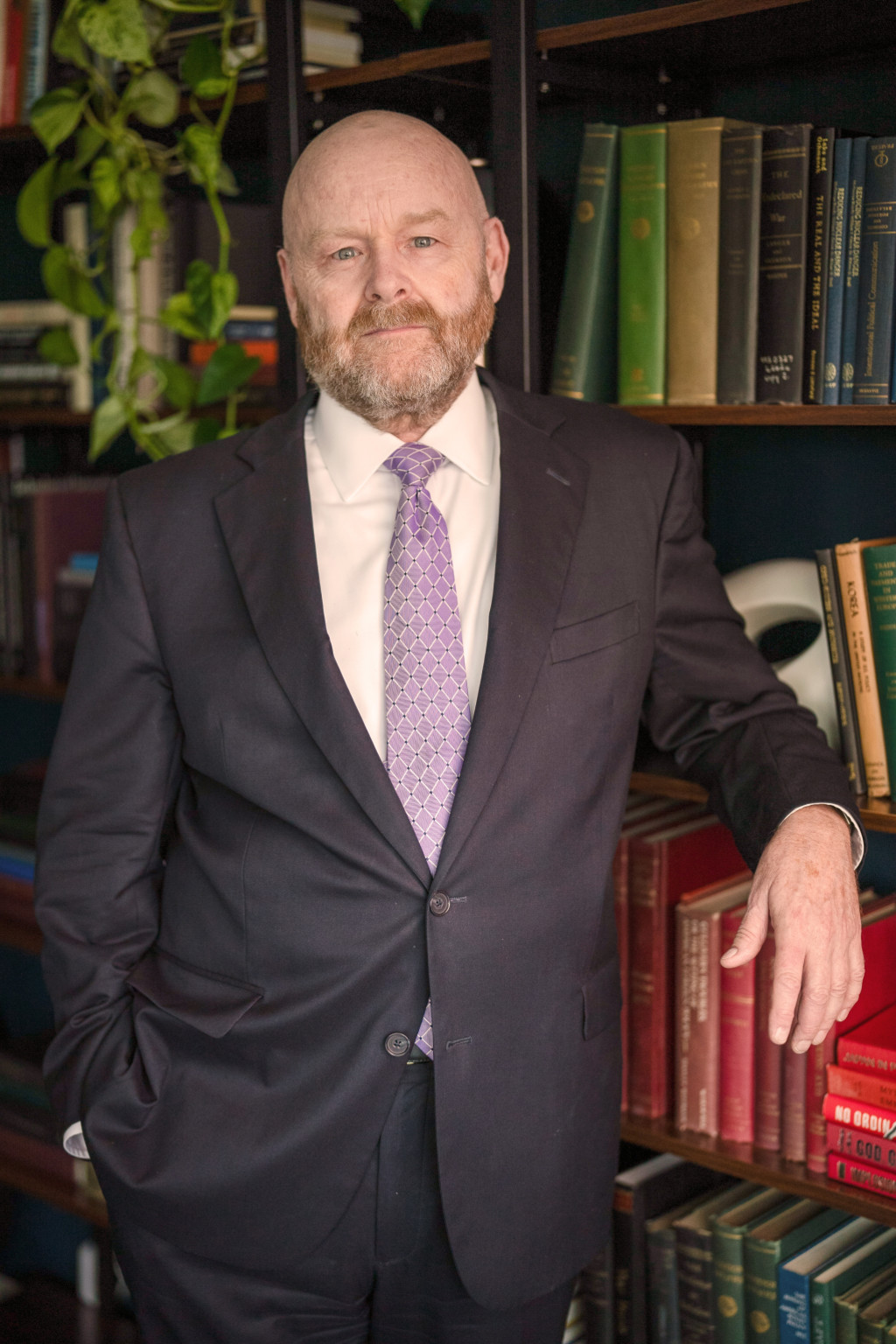Seven Reflections Worth Reading About 9/11
With the twentieth anniversary of the September 11, 2001, attacks on Saturday, we recommend sources for better understanding 9/11 and its aftermath. Today: seven reflections about 9/11.

By experts and staff
- Published
Experts
![]() By James M. LindsayMary and David Boies Distinguished Senior Fellow in U.S. Foreign Policy
By James M. LindsayMary and David Boies Distinguished Senior Fellow in U.S. Foreign Policy
Tomorrow is the twentieth anniversary of the 9/11 terrorist attacks. Not surprisingly, the last several weeks have seen the publication of a torrent of articles assessing the meaning and lessons of 9/11. It’s a topic that has been debated for twenty years and will continue to be debated for decades to come. The lessons that get drawn will inevitably change over time, just as we see 9/11 differently today than we did a decade ago. We inevitably see the past through the lens of the present.
With so much being written in so short a period of time, we can’t say that we have read everything that has been written, or claim to be able to say which essays will have the greatest or most lasting influence. What we offer below are simply seven articles that tackle critical questions and might give you reason to pause and think. You won’t see any articles written by our CFR colleagues. That’s because our rule for these posts is to avoid home-cooking. We no doubt have missed some terrific writing that would have made generating a list of seven articles even harder. To everyone who feels overlooked, we apologize.
Bryan Bender and Daniel Lippman, “They Created Our Post-9/11 World: Here’s What They Think They Got Wrong,” Politico Magazine. Did I get it right? It’s a question we can all usefully ask of ourselves, even if we may not like the answer. Bender and Lippman interviewed a range of former senior Bush administration officials, U.S. senators, ambassadors, generals, and admirals about the decisions they made or helped shape in the wake of the 9/11 attacks. Many of them look back with regret at what they see as U.S. “overreach” but hold out hope that the country can right itself. “Nations are like people,” retired Admiral James Stavridis notes, “They get some things right, they get some things wrong. The measure of any nation is whether it learns both from the mistakes and the successes.”
Garrett Graff, “After 9/11, the U.S. Got Almost Everything Wrong,” The Atlantic. By one important measure the U.S. war on terrorism succeeded: neither al-Qaeda nor any other foreign terrorist organization has successfully launched an attack remotely approaching what happened on 9/11. Beyond that, Osama bin Laden and many of his close advisers have been captured or killed. Garrett Graff argues that despite these successes, the U.S. response to 9/11 did more harm than good. “By almost any other measure, the War on Terror has weakened the nation,” he writes, “leaving Americans more afraid, less free, more morally compromised, and more alone in the world.“
Hannah Hartig and Carroll Doherty, “Two Decades Later, the Enduring Legacy of 9/11,” Pew Research Center. What do Americans think about 9/11 twenty years on? Hartig and Doherty sort through data the Pew Research Center has compiled on public attitudes toward the deadliest day in U.S. history. They conclude that surveys show “how a badly shaken nation came together, briefly, in a spirit of sadness and patriotism; how the public initially rallied behind the wars in Afghanistan and Iraq, though support waned over time; and how Americans viewed the threat of terrorism at home and the steps the government took to combat it.”
Nelly Lahoud, “Bin Laden’s Catastrophic Success,” Foreign Affairs. Did bin Laden succeed? Nelly Lahoud thinks not. While the 9/11 attacks inflicted a grievous wound on the United States, they did not produce the outcome he sought. Bin Laden thought the attacks would compel a fearful United States to withdraw its military forces from Muslim-majority countries, leaving al-Qaeda free to recreate an exclusive community of Muslims. What he got instead was a United States that stood up rather than backed down in response to his plot, intervening even more deeply in the Middle East. “Bin Laden did change the world,” she concludes, “just not in the ways that he wanted.”
Carlos Lozada, “9/11 Was a Test. The Books of the Last Two Decades Show How America Failed.” Washington Post. If you read our post on Seven More Books to Read About 9/11, you know that a vast literature now exists on 9/11, examining that day and its consequences from an array of angles. Carlos Lozada, the Washington Post’s terrific book critic, decided to read more than his fair share of them. The effort convinced him that “Bin Laden did not win the war of ideas. But neither did we. To an unnerving degree, the United States moved toward the enemy’s fantasies of what it might become—a nation divided in its sense of itself, exposed in its moral and political compromises, conflicted over wars it did not want but would not end….. al-Qaeda could not dim the promise of America. Only we could do that to ourselves.”
George Packer, “9/11 Was a Warning of What Was to Come,” The Atlantic. It may be difficult from the vantage point of 2021 to remember what the world looked like in early September 2001. The United States had won the Cold War. It was the world’s dominant power by far, perhaps the most powerful ever known. The laws of history had seemingly been suspended. The future promised continued success, wealth, and safety for decades to come. Looking back at those heady times, Packer concludes that 9/11 pricked the illusion that somehow Americans stood outside of time. “September 11 wasn’t a sui generis event coming out of a clear blue sky,” he writes. “It was the first warning that the 21st century would not bring boundless peace and prosperity.”
Stephen M. Walt. “How 9/11 Will Be Remembered a Century Later,” Foreign Policy. We noted above that our collective lessons of 9/11 are likely to change over time as the progress of events gives us new vantage points from which to see the past. Harvard Kennedy School of Government Professor Stephen Walt wondered what people might make of 9/11 on its centennial. He sees three possible scenarios: people might see it as a turning point, an isolated tragedy, or as irrelevant. Which of those scenarios carries the day, he writes, is not pre-ordained but rather depends on “what the United States and others do from this day forward.”
On Monday we will share additional resources on 9/11 that friends and readers politely (for the most part) noted that we missed.
Here are the other entries in this series:
- More Resources Worth Exploring About 9/11
- Seven Documentaries Worth Watching About 9/11
- Seven Movies Worth Watching About 9/11
- 9/11 Online Exhibits and Resources Worth Viewing
- Seven Resources Debunking 9/11 Conspiracy Theories
- Seven Podcasts Worth Listening to About 9/11
- Seven More Books Worth Reading About 9/11 and Its Aftermath
